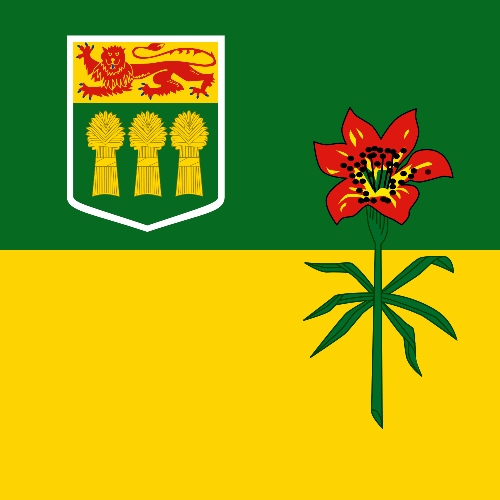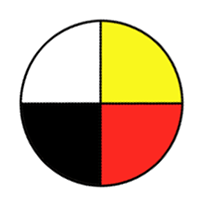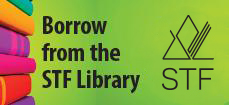Arts Education 9
CH9.2
Use the arts to raise awareness on topics of concern to Indigenous artists in dance, drama, music, and visual arts.
Indicators for this outcome
| (a) |
Use inquiry to investigate topics of concern to Indigenous peoples:
|
| (b) |
Create a plan of action to use the arts to increase understanding on this topic fo concern (e.g., develop a collective creation/play about racism to increase knowledge and mutual understanding). |
| (c) |
Share arts expressions with younger and older students and community, where possible. |
Loading...


R050315
Arctic Hip Hop
Capitalizing on the popularity of hip hop, social worker and long-time B-boy Stephen Leafloor has been bringing positive hip hop workshops to the north, this time to the remote hamlet of Cambridge Bay, Nunavut. While dancing to the beat, kids are encouraged to blend their rich, ancient culture with a modern one. Between back spins and body-waves, they discuss bullying, body image, single parenting, drugs, alcohol, anger and suicide. Because of the healing power of dance, five days later they emerge not only better dancers, but more confident kids who have a clearer idea of how to balance their cultural identity with modern times.
In addition to supporting the Dance strand in the Arts Education curricula, this video could be used in Wellness 10 when discussing the impact of mental health on the wellbeing of self, family and community.
This is a particularly valuable resource for teachers who are working with at-risk students.
In addition to supporting the Dance strand in the Arts Education curricula, this video could be used in Wellness 10 when discussing the impact of mental health on the wellbeing of self, family and community.
This is a particularly valuable resource for teachers who are working with at-risk students.
(More information)

R104501
Ask Artists Series
Ask Artists is an inquiry-based learning program for teachers and students. Each episode is an in-depth and intimate journey with a Saskatchewan artist. Artists share candid moments and show students that artists are real people with skills, successes, failures and dreams.
- Ask Artists Episode 5: “Out Loud” Songwriting (Part 1: Meet The Artist) - Lancelot Knight
- Ask Artists Episode 5: “Out Loud” Songwriting (Part 2: About Songwriting) - Lancelot Knight
- Ask Artists Episode 5: “Out Loud” Songwriting (Part 3: Writing a Song) - Lancelot Knight
- Ask Artists Episode 5: “Out Loud” Songwriting (Part 4: Performance - Big Fish) - Lancelot Knight
- Ask Artists Episode 6: “Move It” Movement (Part 1: Meet The Artist) - Mitchell Larsen
- Ask Artists Episode 6: “Move It” Movement (Part 2: Getting Comfortable with Movement) - Mitchell Larsen
- Ask Artists Episode 6: “Move It” Movement (Part 3: Creating a Dance) - Mitchell Larsen
- Ask Artists Episode 6: “Move It” Movement (Part 4: Dance Performance) - Mitchell Larsen
Links :
Media and Formats :
Video
Price :
Free




Record posted/updated:
December 2, 2021
R053615
Deepening the Discussion: Gender and Sexual Diversity
This document will assist individuals and communities to engage in meaningful discussions and actions to respond to the experiences, perspectives and needs of students and families who are gender and/or sexually diverse (GSD).
Content includes:
- Gender and Sexual Diversity
- First Nations and Métis Ways of Knowing
- Assumptions, Privilege and Oppression
- Comprehensive School Community Health (CSCH)
- CSCH Approach to Creating Inclusive Schools
(More information)
Links :
PDF Document
Media and Formats :
Document
Price :
Free




Record posted/updated:
December 10, 2025

